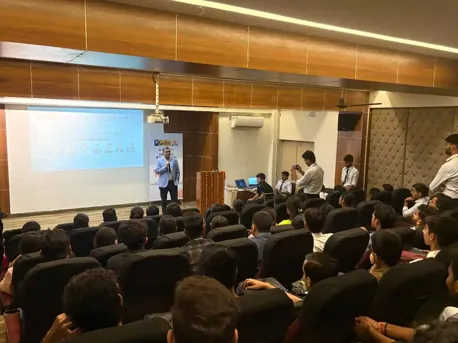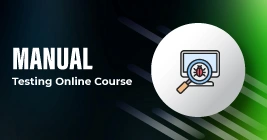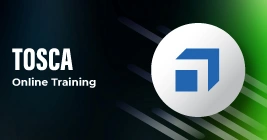Course Design By
Course Offered By

Aman Chauhan
Placed at Placed at Kotak

Ashish Negi
Placed at Innovatech Systems

Ankita Mishra
Placed at NexGen Networks

Akash Malhotra
Placed at Physics Wallah

Shivam Singh
Placed at Pixel Pioneers

Amrita Dubey
Placed at HCL

Heena Zair
Placed at Oyo

Anil Panday
Placed at Adobe
This Software Testing Online Training teaches real testing methods used in companies. You will learn both manual and automation testing skills to work as a QA engineer or automation tester in India and abroad.
What You Get
Course Design & Approved By

Nasscom & Wipro
Our Software Testing Course in India teaches all key testing topics and tools step-by-step.
Get a peek through the entire curriculum designed that ensures Placement Guidance
Course Design By


Course Offered By

Top Job Profiles:
Average Salary Range:
Top Job Profiles:
Average Salary Range:
Top Job Profiles:
Average Salary Range:
Top Job Profiles:
Average Salary Range:
Start your career as a QA professional with our Software Testing Course. With our Software Testing Online Training, you will learn testing basics and important automation tools.
Learn from a certified QA expert with 8+ years of real work experience in software testing and automation projects. The trainer has worked in big companies and trained many students and professionals.

Yes. You will get updated notes, videos, assignments, and real working examples to support learning.
Yes. We provide guidance, practice questions, and support for common QA certification exams and interviews.
It is to live with trainers. You also get recorded classes for revision.
Yes. We provide job assistance, resume building, and interview help until you get placed in a company in India or abroad.
Yes. Anyone interested in testing can join. Manual testing is taught first, so it is easy for beginners.
+ More Lessons
Course Design By

Nasscom & Wipro
Course Offered By

Croma Campus

Scenario: A feature update required end-to-end testing for collaboration and productivity tools.
Outcome: Successful UAT with stable release.

Scenario: Client wanted a reusable automation suite for faster release cycles.
Outcome: Regression cycle reduced from 3 days to 4 hours.

Scenario: Portal slowed down when thousands of users logged in simultaneously.
Outcome: Portal response time improved by 52%.

Scenario: Uber added new ride safety features requiring mobile testing.
Outcome: App crash rate lowered by 68% in beta version.

Scenario: Wipro client requested enhancement of user access permissions.
Outcome: Achieved 100% compliance with security

Scenario: Sopify upgraded its order-tracking API and needed test validation.
Outcome: API failures dropped by 40%.

Scenario: TCS introduced enhancements to their internal payroll management portal.
Outcome: Payroll processing errors reduced by 30%.

Scenario: Amazon launched updates to product listing, filtering, and checkout features.
Outcome: Release defects reduced by 92%.
Company: Ernst & Young
Location: Pune
Experience: 0–2 Years
Required Skills: Automation, API Testing, CI Integration.
Company: Daffodils
Location: Hyderabad
Experience: 1–3 Years
Required Skills: Selenium, Java, TestNG, CI/CD
Company: Nucleus Soft.
Location: Bangalore
Experience: 0–2 Years
Required Skills: Manual Testing, Test Cases, JIRA, Basic SQL
Choose from our specialized testing modules designed for all learning levels.

Selenium Testing Course focuses on automating web applications using Selenium WebDriver, TestNG.

Automation Software Testing Course helps you learn automated testing tools, scripting, and frameworks.

Manual Testing Online Course teaches software testing fundamentals, test case design, defect tracking.

Tosca Online Course trains you in model-based test automation using Tricentis Tosca to create scalable, scriptles
For Voice Call
+91-971 152 6942For Whatsapp Call & Chat
+91-9711526942